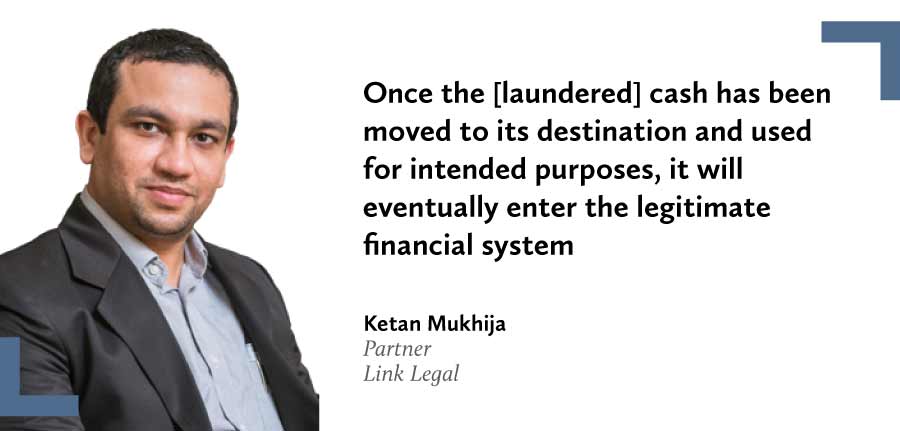Fears of raids and asset seizures have turned the Directorate of Enforcement into a veritable bogeyman for India inc, writes Freny Patel
T he Directorate of Enforcement (ED), India’s most powerful crime-fighting agency, makes daily headlines for going after corporations, businessmen, politicians and the like in its pursuit of “the money trail” – and has set off alarm bells for India Inc.
Not only is the ED cracking the whip on illegal loan apps, cryptocurrency exchanges and payment gateways, but it is also scrutinising routine transactions such as syndicate loans, a New Delhi-based source cites. “The ED doesn’t seem to appreciate complex transactions as it feels these might give rise to money laundering,” he says.
Money laundering is a complex issue and can involve multiple jurisdictions. It is largely understood that complex financial structuring exists by means of layering and easy movements of money across borders, which also enable a cover for the proceeds of crime.
Although the ED enforces three major pieces of legislation, it is increasingly making its presence felt in relation to the Prevention of Money Laundering Act (PMLA) 2002, and to a lesser degree the Foreign Exchange Management Act (1999), and the Fugitive Economic Offenders Act (2018).
The ED’s origins date back to 1 May 1956, when an enforcement unit was set up within the Ministry of Finance’s Department of Economic Affairs to keep tabs on foreign exchange-related violations and crack down on money laundering cases.
The ED’s actions picked up pace in 2019 as the Indian government, through various amendments, made anti-money laundering legislation stricter by expanding the ambit of “proceeds of crime”. The scope now includes properties and assets created, derived or obtained through any criminal activity related to the scheduled offence, even if not under the PMLA.
Then in February 2022, the ED received support from unexpected quarters with the Supreme Court observing that “cash travels faster than light”, and so justifying the need for the agency to quickly investigate money laundering cases based on actionable intelligence, without waiting for the formal registration of a complaint.
The bench, headed by Judge AM Khanwilkar, was dealing with numerous petitions pertaining to the interpretation of certain provisions of the PMLA.
Ketan Mukhija, a New Delhi-based partner at Link Legal, adds: “Once the cash has been moved to its destination and used for intended purposes, it will eventually enter the legitimate financial system.” It can then be recycled through financial institutions and obscure the audit trail through the strategic layering of financial transactions and fraudulent bookkeeping.

You must be a
subscribersubscribersubscribersubscriber
to read this content, please
subscribesubscribesubscribesubscribe
today.
For group subscribers, please click here to access.
Interested in group subscription? Please contact us.


























